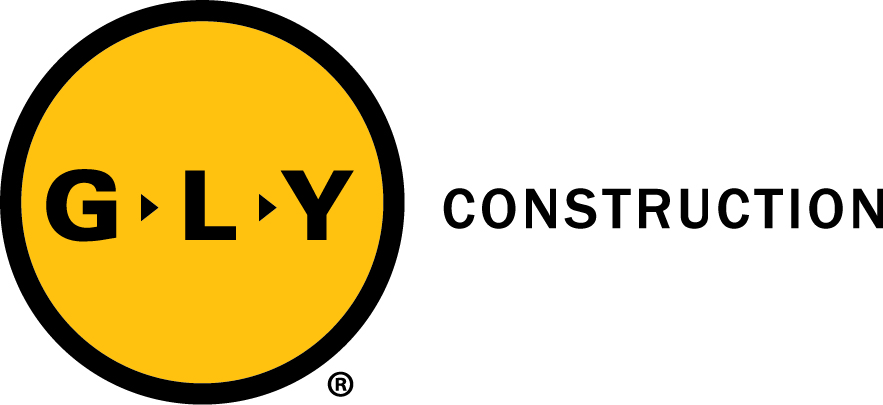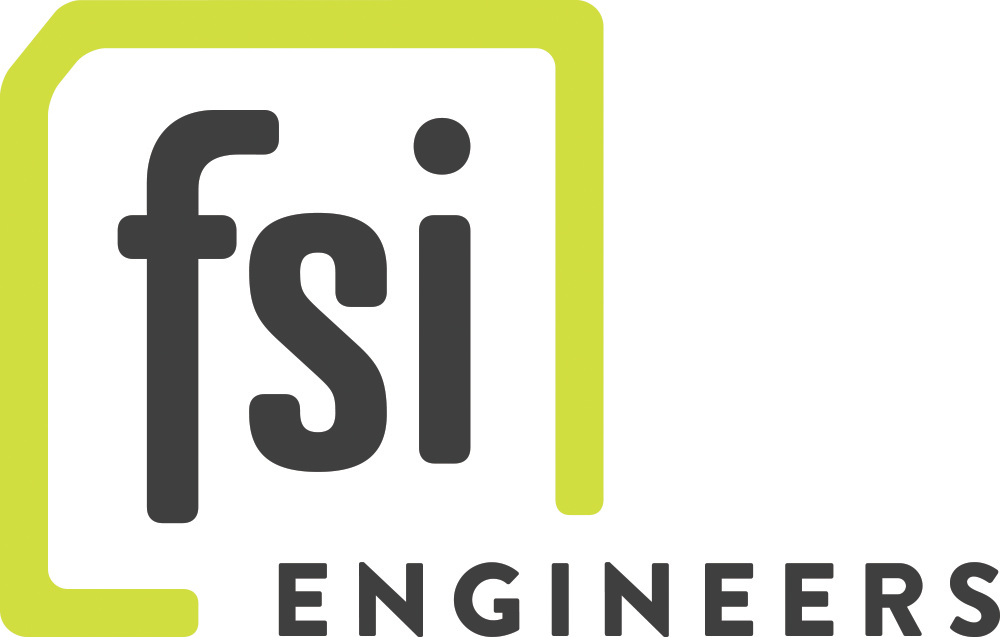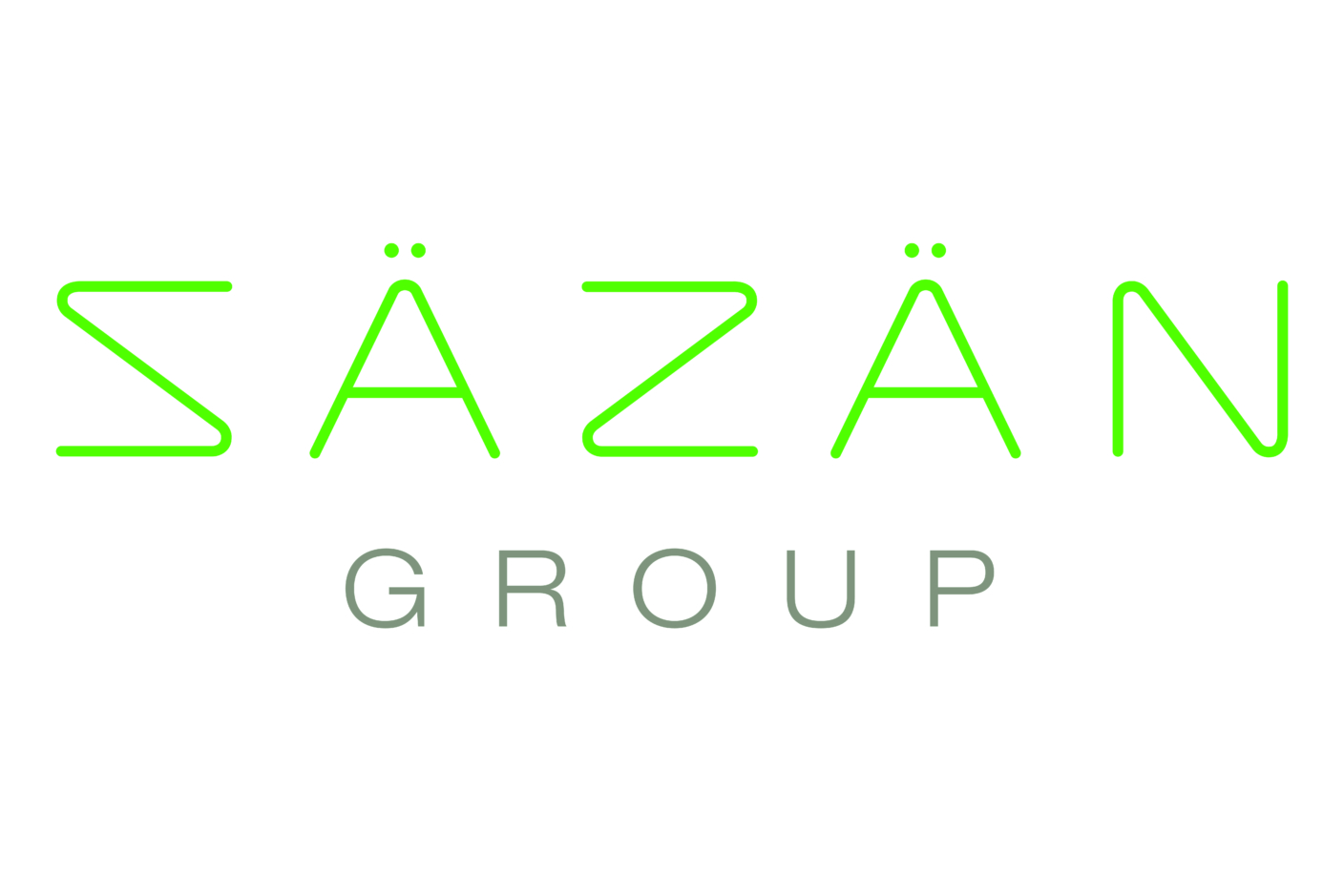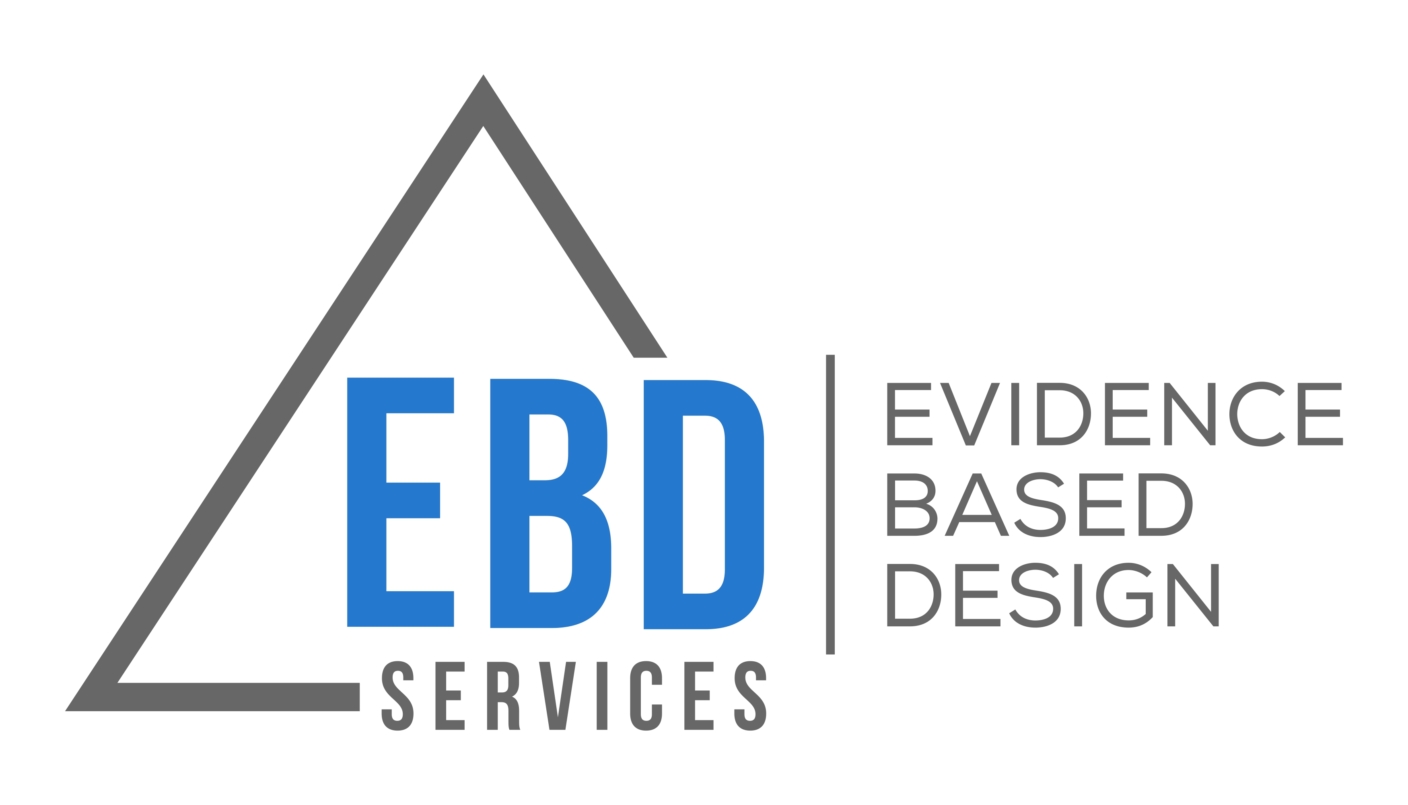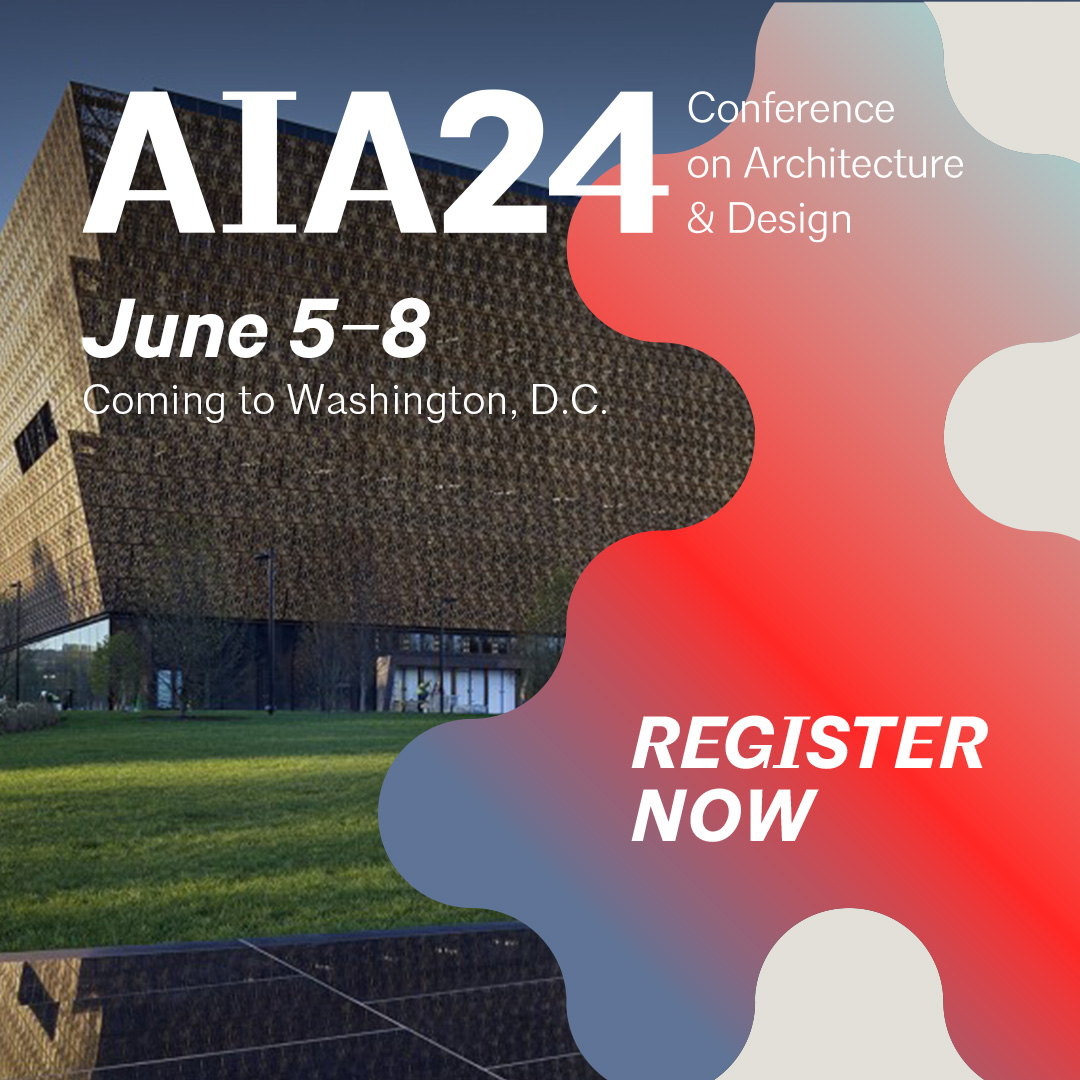
CAP Collaboration Educational Series: Smarter Building
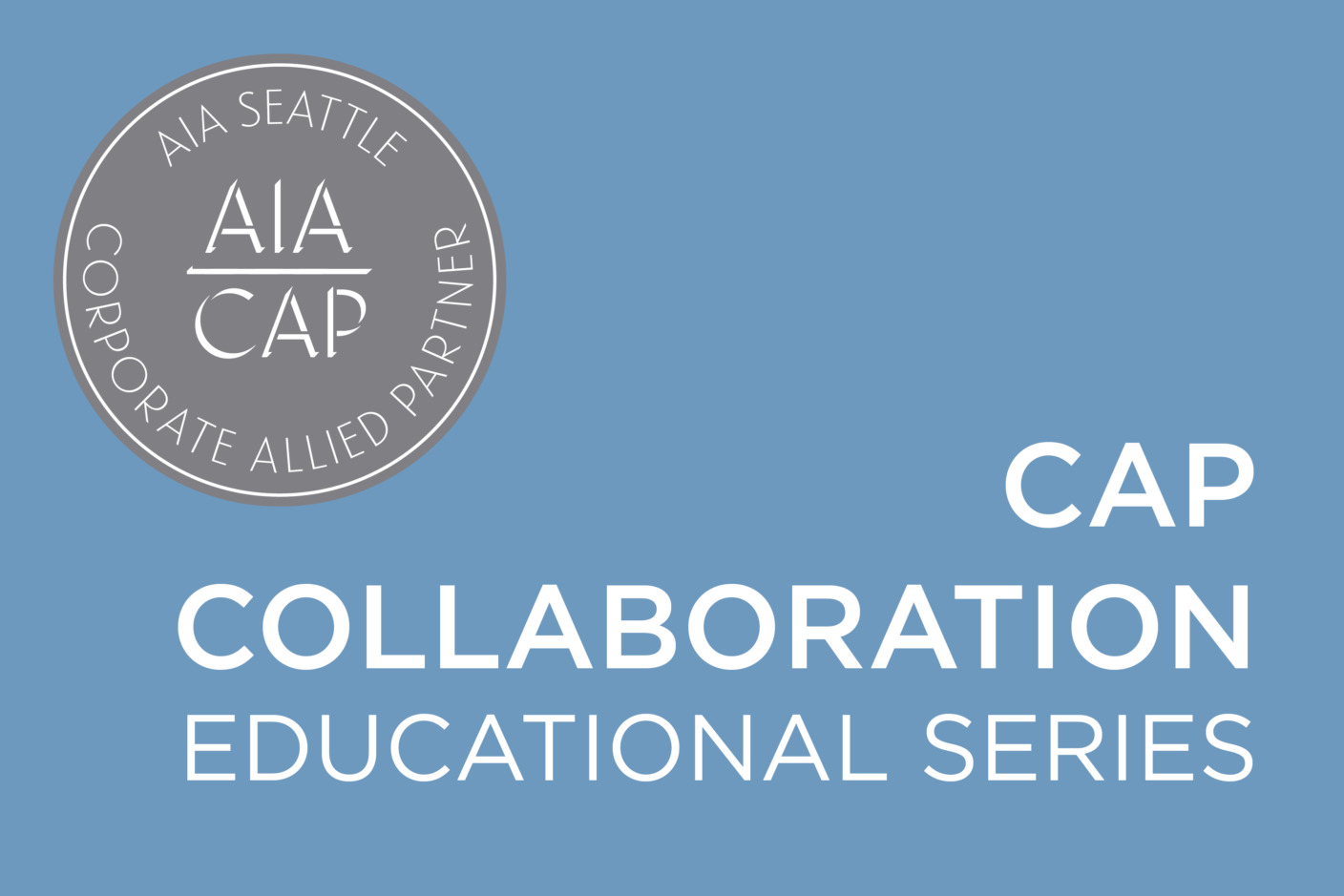
AIA Seattle’s Corporate Allied Partners (CAPs) enliven the AIA Seattle community and value involvement with AIA Members. Our sponsors also offer their knowledge and expertise in the field to help our members earn their continuing education credits through our CAP Collaboration Educational Series. Join us June 6 for the Smarter Building Themed CAP Classes.
Schedule
9:00am - 10:00am | Intelligent Buildings—Engineered to Leave Nothing on the Table
Intelligent Buildings—Engineered to Leave Nothing on the Table with Affiliated Engineers
An enlightening and engaging session providing participants with the knowledge required to evaluate the benefits and strategy behind an intelligent building and campus. After an examination of an intelligent campus’ enhanced security and safety; minimization of natural (water, energy) and human resources to realize significant cost savings; and enhancement of the user experience—from the perspective of both the occupants and the facilities operations team—participants will ideate in groups to develop a strategy directly applicable to their building or campus.
Learning Objectives
- Participants will master the Intelligent Building/Campus Concept and develop the business case for its implementation at their organization/institution.
- Participants will understand how the convergence of otherwise disparate systems can save significant operations costs and minimize natural and human resources investments.
- Participants will learn about the tools and processes that can be utilized to harness the value of data from buildings.
- Participants will learn about the facility management jobs of the future.
10:00am - 11:00am | Wood Innovations for Safer & Sustainable Buildings
Wood Innovations for Safer & Sustainable Buildings with Code Unlimited
This seminar focuses on innovations in wood construction to enhance fire resistance. The innovations discussed also reduce chemical use in the building environment, making them healthier than steel or concrete in some cases. This seminar will use real applications, scientific research and lab tests to illustrate the alternate idea.
Learning Objectives
- Understand wood construction types.
- Get an overview of current trends in wood innovations.
- Review specific applications and analysis that improves fire performance.
- Learn about jurisdiction review and approvals for these new alternates.
11:00am - 12:00pm | Biologically Tuned Light: The Current State of Circadian Lighting
Biologically Tuned Light: The Current State of Circadian Lighting with dark | light
Advances in LED technology have created opportunities to manipulate electric light spectra in ways that are more in tune with natural daylight. But how well does current technology align with the natural shift of daylight throughout the day? How can you decode the terminology around this color tuning technology? And how the heck do you control those systems anyhow? This session will look at the current state of circadian lighting in the marketplace, how different technologies impact biological rhythms, and how designers can apply them thoughtfully.
Learning Objectives
- Understand how circadian rhythms are affected by exposure to light.
- Examine potential applications for electric lighting to impact circadian rhythms.
- Learn how electric lighting products may impact circadian rhythms in the interior environment.
- Understand the current terminology in the marketplace around tunable white lighting products (i.e., warm dim, tunable white, human centric lighting)
Lunch Break 12:00pm – 1:00pm
1:00pm - 2:00pm | Monitoring, Measuring & Verification: Data driven architectural design
Monitoring, Measuring & Verification: Data driven architectural design with Energy Tech Unlimited
This is a two part presentation: Part 1) Technical: This portion of the presentation covers the basics on a good monitoring system and the tie-in of a monitoring system with measurement and verification programs. Discussion will include how these programs help achieve goals such as Living Building Challenge, Net Zero, and LEED. Part 2) Design: The second part of the presentation will present case studies of projects that integrated these monitoring systems and their impact on the architectural design of the spaces.
Learning Objectives
- Understand the various types of monitoring systems and their pros and cons
- Understand the differences between the program requirements to achieve various certifications
- Application to measurement and verification programs
- Impacts of the monitoring, measurement and verification on architectural design
2:00pm - 3:00pm | Optimizing Building Performance: Analytics + Human Smarts
Optimizing Building Performance: Analytics + Human Smarts with Hargis
The power of analytics and advancements in system technologies are a driving force behind smarter buildings. Professionals are utilizing these benefits along with energy modeling, metering and continued verification to support an informed decision making process. Similarly, code authorities and third party benchmarking entities continue to institute aggressive measures that require reporting of actual system performance. As systems are fine-tuned and optimized, end-user and occupant engagement becomes a critical component of the overall integrated solution. In this session, some of the defining changes in the WAC and Seattle energy code will be explained along with how analytics influence the outcome. Case studies will illustrate how user-operator engagement advanced project owner objectives.
Learning Objectives
- Describe 2-3 significant changes in the local energy codes, the importance of metering and what should be metered
- Describe metering approaches and how to identify anomalies for further investigation
- Describe how end-use metering can be used as a feedback loop to help fine-tune energy models, lead to more informative decision making during the design process and/or modify human behaviors
- Discuss how analytics can influence end-user engagement, strategies to engage the user-occupant and realize the potential of smart buildings
COST
Lunch included for all registrants. 3 LU|HSW for 9:00am -12:00pm half day attendees | 2 LU|HSW for 1:00pm -3:00pm half day attendees| 6 LU|HSW for full day attendees
$70 for AIA Members, full day
$50 for AIA Member, half day (9:00am – 12:00pm)
$40 for AIA Member, half day (1:00pm-3:00pm)
$150 for Nonmember, full day
$80 for Nonmember, half day (9:00am – 12:00pm)
$70 for Nonmember, half day (1:00pm-3:00pm)
![]()
Registration Close Date: Friday, June 2, 2017 at 5:00pm
SPECIAL THANKS TO THE CAP COLLABORATION EDUCATIONAL SERIES SPONSORS
Affiliates Engineers | Code Unlimited | dark|light | Energy Tech Unlimited | Hargis
Registration and Credit Questions?
Contact AIA Seattle Volunteer Hospitality Missy Garvin.
Sponsorship Questions?
Contact AIA Seattle Managing Director Kimber Leblicq.
Interested in presenting a CAP Class?
Contact AIA Seattle Membership Manager Sybil Turner

